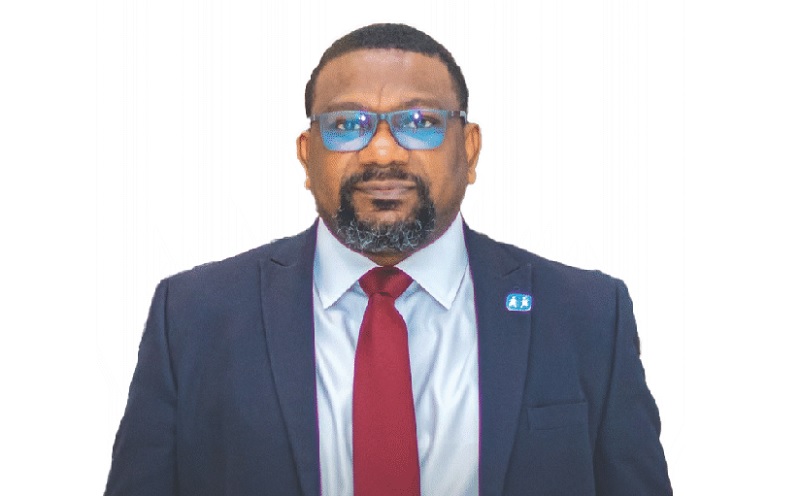Rwanda’s Ministry of Local Government (MINALOC) has introduced a groundbreaking initiative aimed at creating climate-resilient model villages to accommodate families relocated from high-risk zones due to natural disasters. This effort aligns with the government’s proactive approach to address the challenges posed by heavy rainfall and potential future disasters.
Recent reports from the local government ministry, as revealed by The New Times, highlight the development of model villages such as Mpazi, Muzo, Rwakivusha, and Kaniga, each designed to offer secure housing for families previously residing in high-risk areas. Furthermore, Rubavu district has allocated significant land for constructing model villages to house families affected by the flooding of River Sebeya in 2023, underscoring a widespread and urgent need for such resettlement efforts.
MINALOC plans to reconstruct 2,763 houses and rehabilitate 1,322 houses, with an initial phase targeting the construction of 342 houses, signifying a comprehensive approach to address the critical issue of human security.
Albert Murasira, the Minister in charge of Emergency Management, emphasized the necessity of preemptive action in the face of imminent natural disasters, citing collaboration with relevant agencies to identify and relocate individuals from high-risk zones. This proactive stance underscores the government’s commitment to safeguarding vulnerable populations and mitigating potential future calamities.
Phillipe Habinshuti, the Permanent Secretary at the Ministry in charge of Emergency Management (MINEMA), elucidated plans to not only rehabilitate houses affected by disasters but also ensure their resilience to heavy rains. Furthermore, destitute families will receive support in the form of land plots and houses in the newly constructed model villages.
Notably, fourteen districts with households requiring urgent relocation from high-risk zones have been identified, reflecting the widespread impact of natural disasters across Rwanda. These districts encompass a diverse geographical and demographic landscape, emphasizing the inclusive nature of the government’s resettlement efforts.
Rwanda’s innovative approach to addressing the impact of natural disasters on vulnerable communities stands as a testament to its commitment to proactive governance and the well-being of its citizens. The establishment of climate-resilient model villages not only provides a tangible solution for displaced families but also serves as a beacon of hope for the future, embodying Rwanda’s resilience in the face of adversity.



